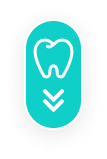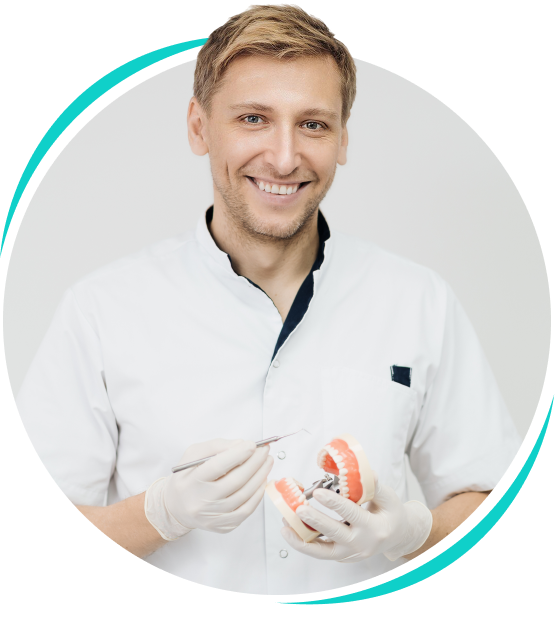Waking up tired once or twice is one thing. But when every morning feels like you didn’t sleep at all, even after a full night in bed, something deeper might be happening. Fatigue isn’t always just about staying up too late. For a lot of people, it’s a hidden condition quietly disrupting their sleep and straining their body: sleep apnea.
If you snore loudly, wake up gasping, or feel foggy during the day, it’s worth asking if your sleep is as restful as it should be. Sleep apnea affects your energy, heart, memory, focus, and long-term health in ways that aren’t always obvious. And for many, help doesn’t always mean a bulky machine by the bed. A sleep apnea appliance from your dentist might be an option you haven’t considered but should.
What Really Happens During Sleep Apnea?
Sleep apnea is more than just snoring. It involves repeated pauses in breathing during the night. These interruptions happen when the airway gets blocked or collapses. Each time that happens, your body wakes up, even if you don’t fully realize it.
Over time, these sleep interruptions prevent deep, restorative rest. Your brain and body are constantly playing catch-up, never fully recharging. This is where the health issues start to multiply.
How Sleep Apnea Affects Your Body
One of the most significant problems with untreated sleep apnea is that it quietly taxes your health. You might think you’re just a little tired, but your body works overtime behind the scenes.
- Heart strain: The constant drop in oxygen puts extra pressure on your heart. This increases the risk of high blood pressure, irregular heartbeat, and even stroke.
- Cognitive issues: Lack of deep sleep affects concentration, short-term memory, and decision-making. People often describe it as “brain fog.”
- Daytime fatigue: You’re likelier to doze off during the day, while driving, working, or conversing. This puts safety at risk.
- Mood swings: Irritability and low mood often creep in without a clear cause. When sleep suffers, emotional regulation does, too.
Not Everyone Wants or Can Use a CPAP Machine
CPAP machines are widely recommended, but they’re not for everyone. Some people find them uncomfortable, loud, or challenging to maintain. Others give up on them completely.
If that sounds familiar, you’re not alone and not out of options. That’s where a dental sleep solution might come in.
How a Dentist Can Offer a Simpler Fix
A dentist trained in sleep dentistry can provide a small, custom-fit device called a sleep apnea appliance. It looks like a mouthguard and is worn only while you sleep. The appliance gently shifts your jaw forward, which helps keep your airway open.
This approach can be a game-changer for people with mild to moderate sleep apnea. It’s quiet, easy to use, and doesn’t involve hoses or machines. You’ll be able to breathe more freely at night, which means better rest, clearer mornings, and less pressure on your body.
Who Can Benefit From a Dental Sleep Solution?
You may be a good candidate if:
- You’ve been diagnosed with obstructive sleep apnea
- You snore loudly or wake up gasping
- You’ve tried CPAP and couldn’t stick with it
- Your symptoms are moderate or mild
A dentist will review your symptoms, possibly request a sleep study, and fit you for a personalized appliance. It’s a simple process, but it can significantly improve the quality of life.
Time to Start Sleeping Better
Ignoring sleep apnea makes you tired and affects your health, safety, and day-to-day life. A sleep apnea appliance can be a real solution for people looking for something manageable and effective.
At Daniel T. Redie DDS INC, we help patients explore safe and practical alternatives like dental appliances for sleep apnea. If you’re struggling with poor sleep or daytime fatigue, we’re here to listen, explain, and walk through your options at your pace.
Call 770-996-5850 to schedule a consultation or ask any questions. A better night’s sleep might be simpler than you think.


